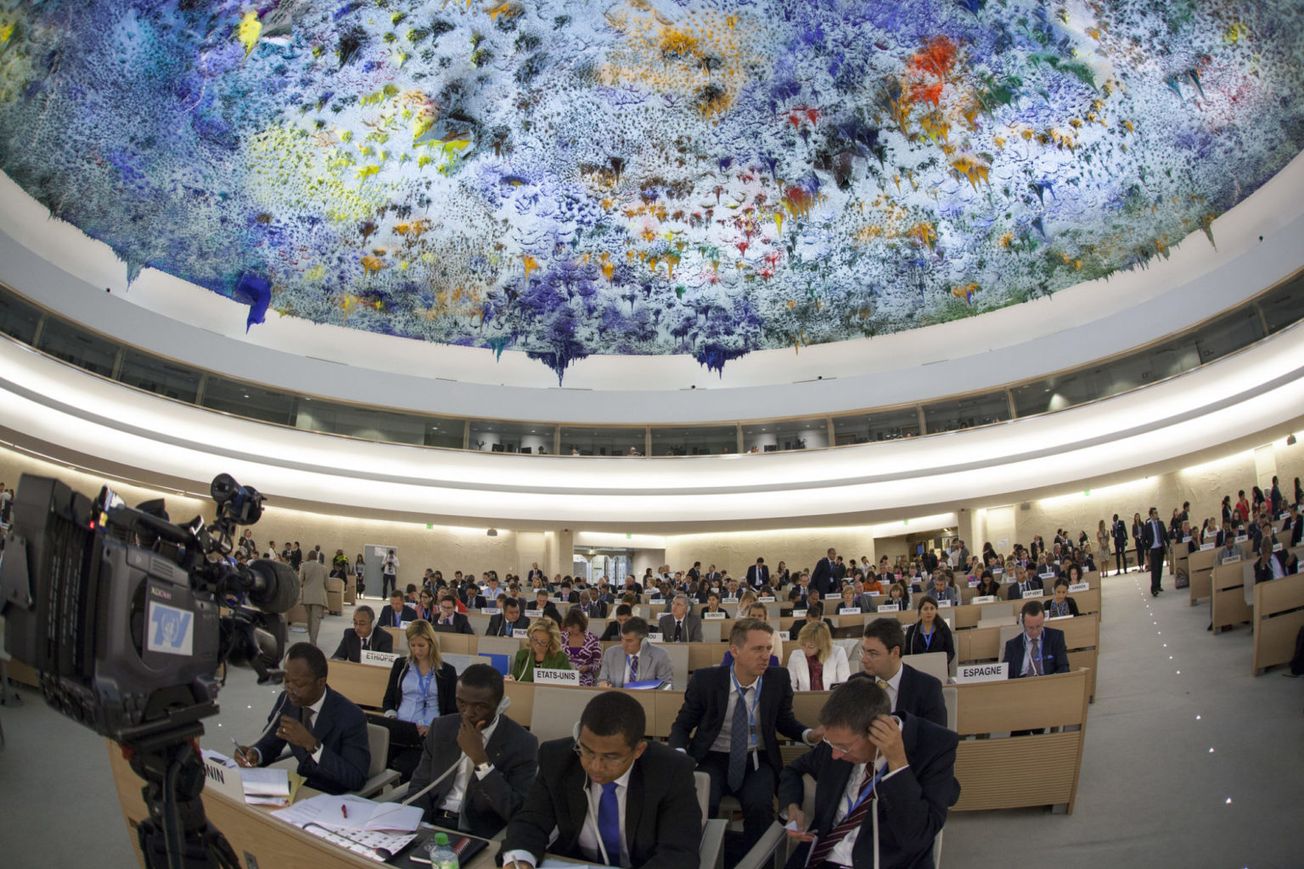GENEVA (AN) — United Nations leaders challenged nations, businesses and citizens to respond to a "call to action" on Monday for greater efforts around the globe to withstand a rising tide of human rights abuses, violent conflicts and climate change.
The appeal came at the opening of the U.N. Human Rights Council's usual month-long session at the end of winter that plays host to government leaders, ministers and other high-ranking diplomats and officials.









